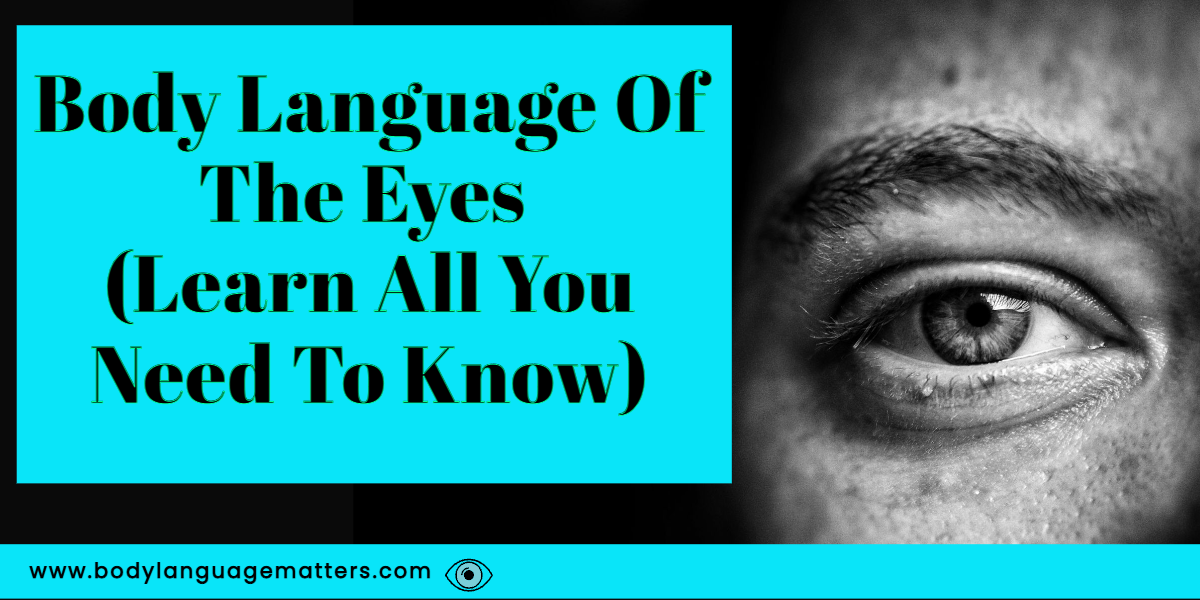My Journey Through Life Learning Body Language
Hello I’m Phil Taylor – A Close Up Magician, Data Analyst, and Hypnotherapist, that’s me! With over a decade of diving deep into the world of body language, I’m here to share the hidden language we all speak but seldom notice.
coutine reading
So, here’s a little backstory. Around 2020, I had a good chunk of free time, just like many of us did. The world seemed to have hit the pause button. It was in those quiet moments, amidst the chaos, that I found solace and intrigue in the silent, yet powerful world of body language.
Isn’t it fascinating that without uttering a single word, we’re speaking volumes? Every gesture, posture, and facial expression is like a line of a novel, a lyric of a song, telling tales of emotions and intentions.
I’ve spent years performing as a close up magician, weaving stories with a mix of illusion and reality, and in the realm of data, where numbers spin tales of their own. But nothing quite compares to the silent sonnets of the soul that body language narrates.
I created this space, Body Language Matters, as a cozy corner for all of us to explore, learn, and decode the silent symphony of non-verbal cues. A place where every raised eyebrow, crossed arm, and warm smile is translated into the language of understanding, connection, and empathy.
So, grab a cup of your favorite brew and settle in. We’re about to embark on a journey where silence is the melody, and every unspoken gesture is a note in a grand opus of human connection.
Can’t wait to get started, and I’m thrilled you’re here to explore with me!
Warmly, Phil Taylor










